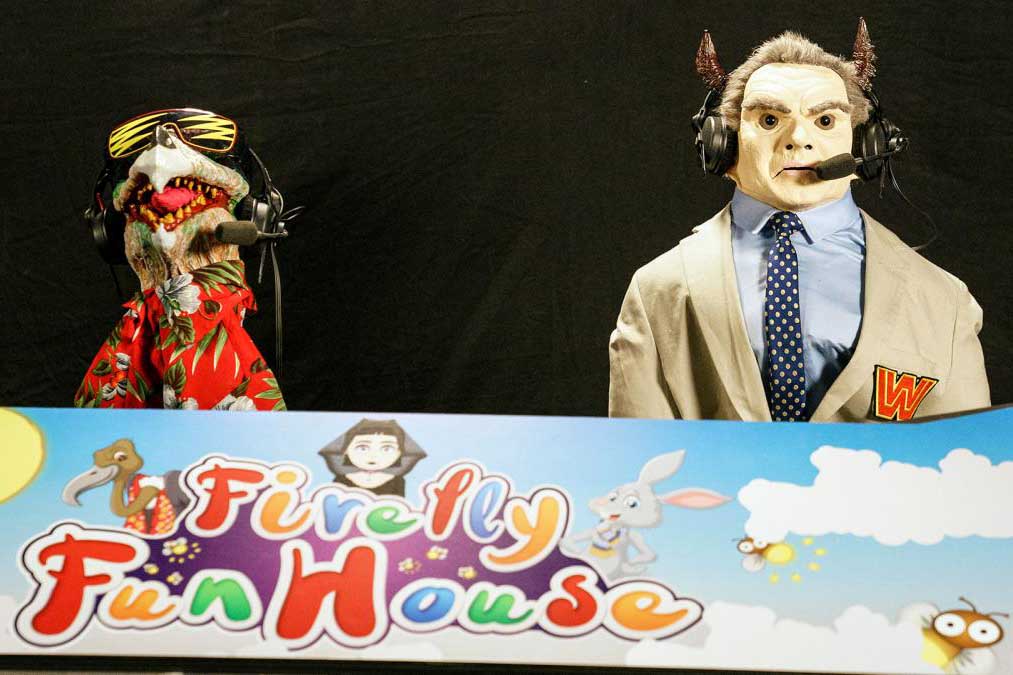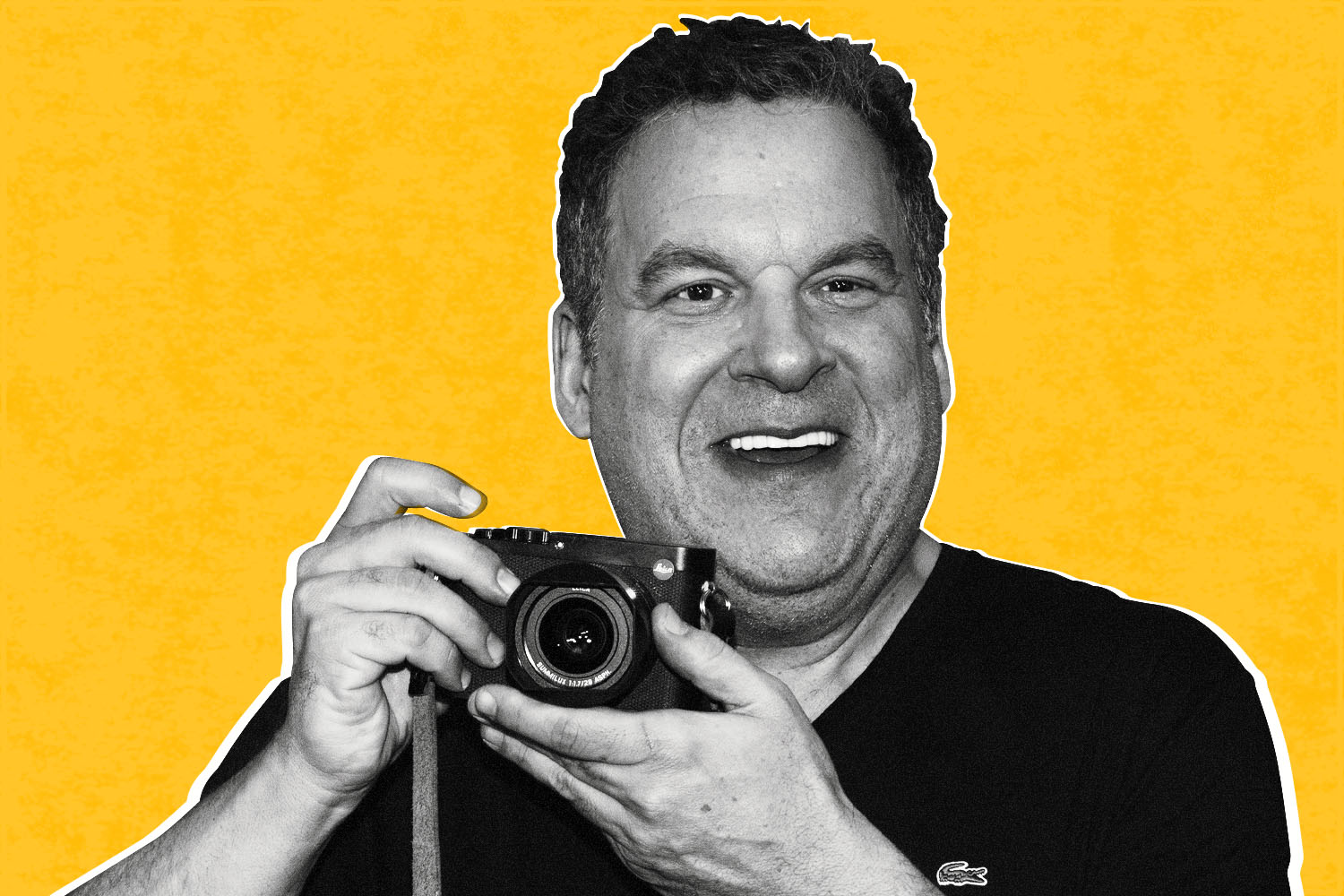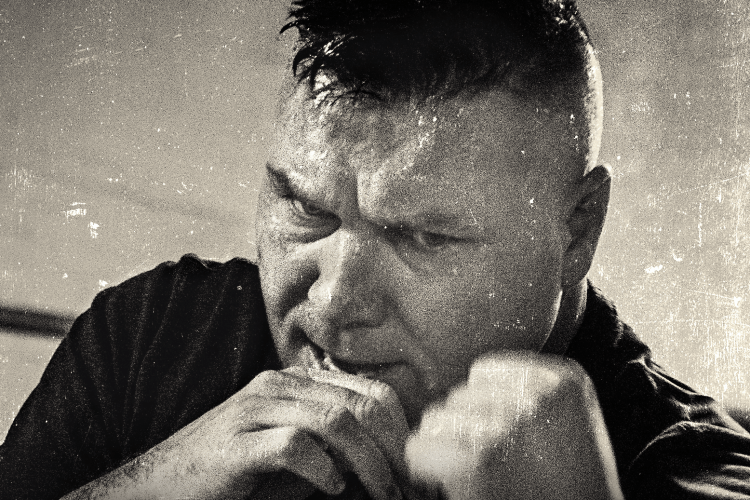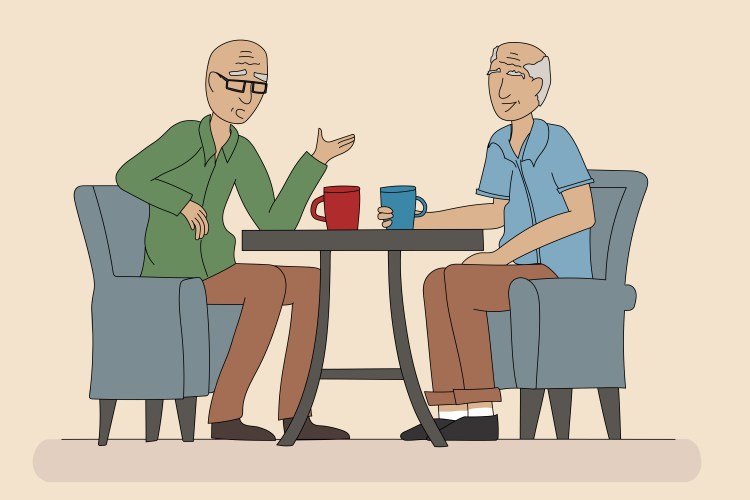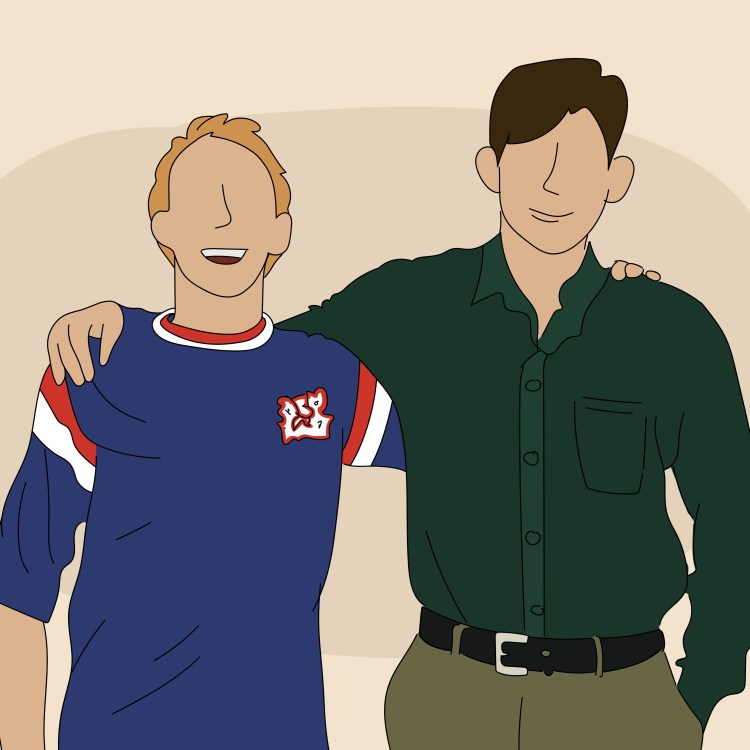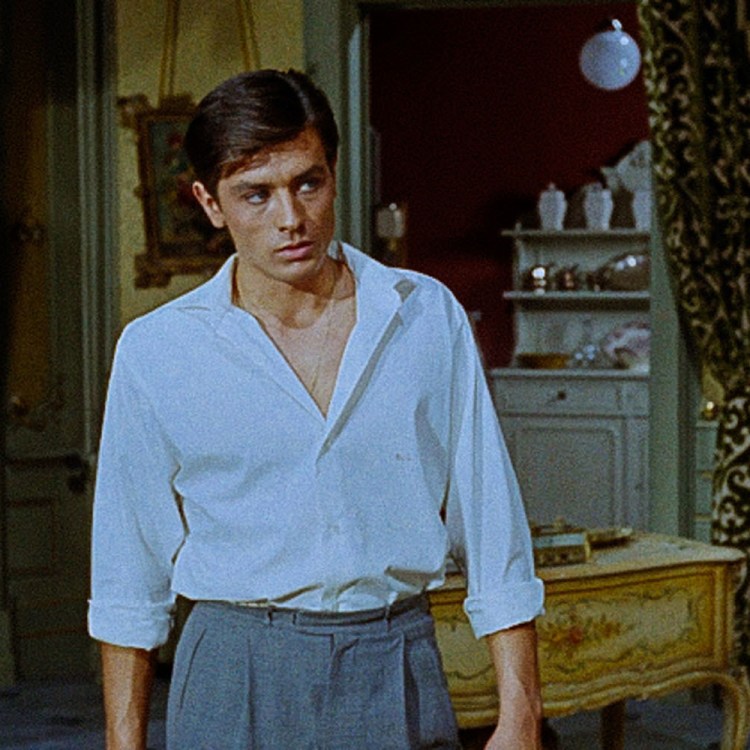David Arquette, the actor, film director and producer who gained acclaim in the 1990s for starring in films like Wild Bill, Scream and Buffy the Vampire Slayer, shocked the world when he suddenly switched career paths to pro wrestling and became the 2000 WCW World Heavyweight Champion. Arquette faced a ton of criticism for being a famous Hollywood face entering the wrestling ring. Some fans felt he disrespected the sport, others say he had no idea what he was getting himself into.
It pissed off a very dedicated fanbase, to say the least. Who was this Hollywood punk coming in and changing the game? His journey through the wrestling world has been no easy feat, and it’s the topic of a new documentary about his life called You Cannot Kill David Arquette, which is being released digitally on August 28 (it also opens in drive-in theaters August 21).
Co-directed by David Darg and Price James, it follows Arquette on a journey where he wants to try wrestling one more time. It documents his life from shy little brother to tatted-up wrestling champ, schlock film reject and irresponsible dad who succumbs to toxic masculinity when it comes to wrestling. There are interviews with his sisters Patricia and Rosanna Arquette, ex-wife Courtney Cox and even a cameo from Luke Perry, Arquette’s longtime friend and former roommate, shortly before he died.
Arquette, who turns 49 on September 8, spoke to InsideHook from his California home about toxic masculinity, the adrenaline rush of wrestling and why the film is dedicated to Luke Perry.
You had a life-changing moment when you almost died in a 2018 wrestling Death Match. Why was it a big turning point in your life?
David Arquette: All degrees of lessons I have had to learn through the process. I’ve been beating myself up for years before that. After the Death Match, my wife came to me and asked: “Do you just want to die? You have kids and you’re risking your life.” I said: “I don’t want to die,” but I had to learn how to love myself, to be honest. It’s been a long journey in this film, which captured the apex of it, how it all came together. It was a big lesson, a big risk. I caused the Death Match injury because I pulled his legs when I wasn’t supposed to. I did it for a certain reason. This all has been a crazy experience, it made for an interesting thing to capture on film.
It’s the apex of the film. What was it like bringing a filmmaker to the ER with you?
The director wasn’t even supposed to be in town, I just told him: “You know I have this Death Match, it’s going to be crazy, you should come down to film it.” He came down and I knew I was going to get hit with a light tube, but it was four light tubes taped together, then there was more, there were lots of things that happened that were crazy that night. What I did learn through the whole process is that it’s important to have self-confidence and self-love and that you have to protect yourself in this world.
Do you still have a toxic relationship with wrestling?
No, it’s not toxic, but it’s a difficult business, it’s a painful business. There are many toxic elements within it. There’s also a beautiful side to wrestling, like the fans, the support, the brotherhood, for those who are protective of it. You’re taught a lot of lessons, if you come to them as an outsider, in a really abusive way. This film captured a lot of it. It happens for a reason.
How did you go from acting in Scream to wrestling?
I trained for a little while with Johnny Rodz, who taught me all these things through practicing with him, so much, that I had to get elbow surgery after a session with him. He said: “Whenever you get up, turn towards your opponent, and if you’re caught in the ring, grab his hands.” I said: “Wait, if it’s a choreographed match, how can that be?” What he was explaining to me is what to do when things go south. How to protect yourself. Using jiu-jitsu moves in a wrestling match. There are things that go south in a wrestling ring. But for the most part, everyone is cool and understanding. But of course, crazy stuff happens, it’s an insane business. It’s like getting hit by a car every time you go in there.
You say in the film you don’t like Hollywood because of the actor’s ego. What’s the difference between the actor’s ego and the wrestler’s ego?
I am still acting. I say in the film I haven’t gotten an audition for 10 years, but that’s misleading because all the films I’ve starred in over the past decade are from previous work. Someone knows my work, or something, and casts me. I wanted them to put that in, so it wasn’t misleading for viewers. But my wife kicked me out of the editing suite, at some point. I was too close to it.
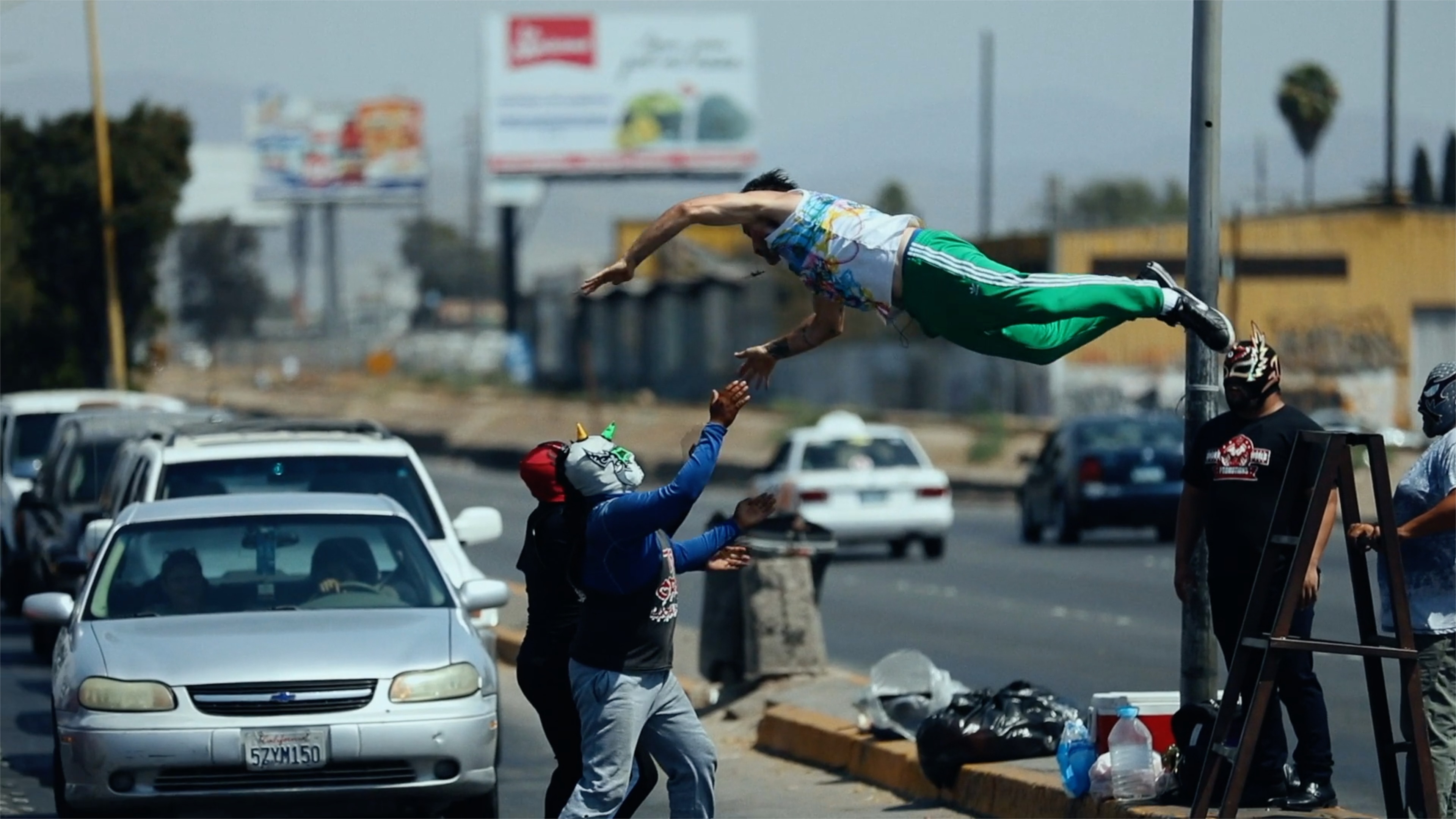
Is this documentary, in a way, a return to acting for you?
I love acting, I’m not crazy about aspects of it, I really don’t like the judgmental aspects where people can snap-judge people on certain things, but I learned through this process it’s about doing your own projects, nurturing them, doing the things you love, spending your time on those things. If other cool things come along, then cool. But it’s important to just not let anything stop you and just do what you believe in. Do what you love.
What is that for you right now?
I am doing a few projects that are lighter in tone, more fun in general. And documentaries, we started this documentary production company called XTR, which has been exciting, we’re working with a lot of documentary filmmakers to get their films out, as well.
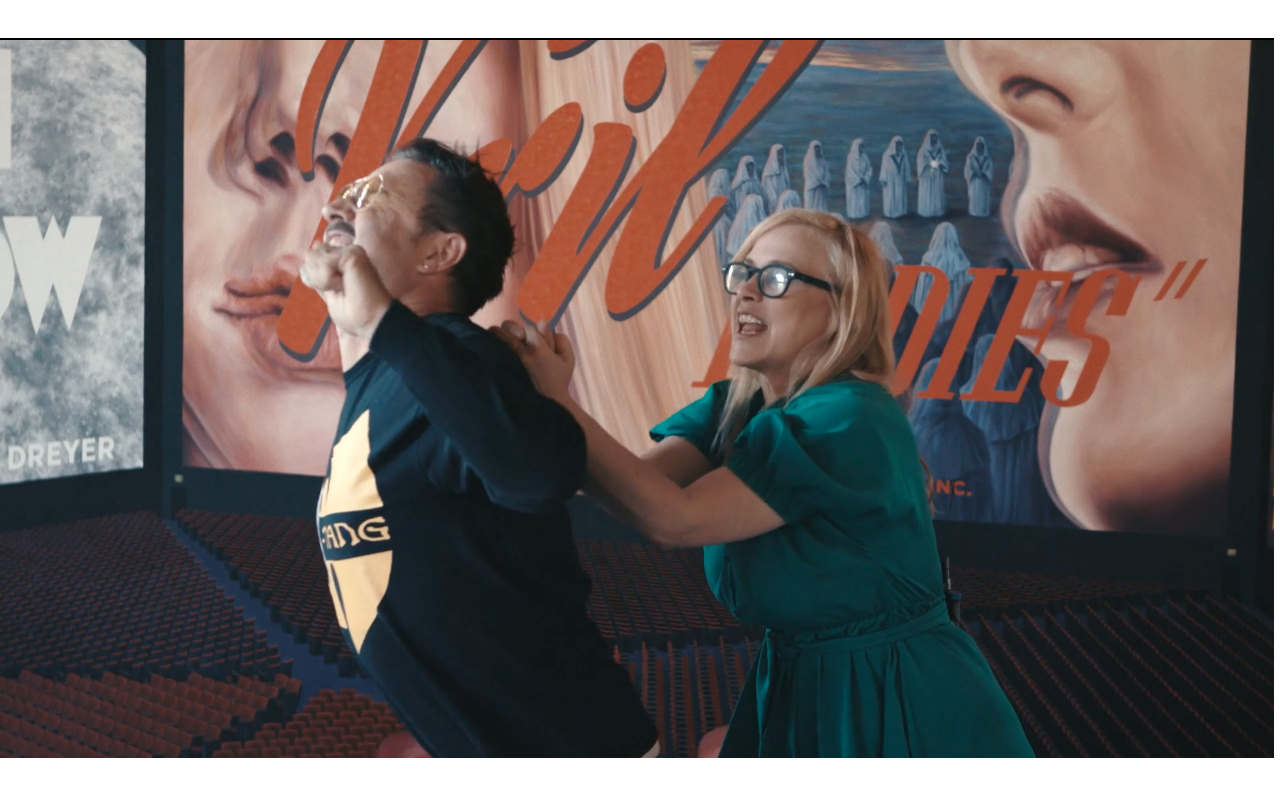
Your natural sense of comedy comes out in this film, but you also say you feel like you’re a joke, being laughed at. Where does one draw the line?
I have been a fan of documentaries. My humor is more like that. Some of the best moments that made the final cut are just random interactions. My dad was an improvisational actor who studied with Paul Sills [founder of Second City], who I was able to take a course with, too. That taught me a lot about acting.
Why is the film dedicated to Luke Perry?
Luke Perry was such a dear friend of mine, he lived at my house when I was 18, he got 90210 when he was living with me. I just lost my first job and his pilot got picked up, he went on a rocket ship to stardom. He was always just such a kind, generous guy. We lost him during the filming of this. I just wanted to honor him and his family. His son Jack Perry is an incredible wrestler named Jungle Boy and I do believe he is going to be a big actor one day.
Whether you’re looking to get into shape, or just get out of a funk, The Charge has got you covered. Sign up for our new wellness newsletter today.
!["[I]t’s important to have self-confidence and self-love and that you have to protect yourself in this world."](https://www.insidehook.com/wp-content/uploads/2020/08/david_arquette.jpg?fit=1200%2C800)
